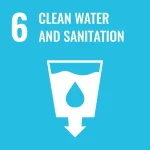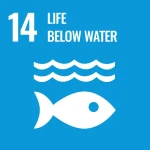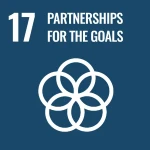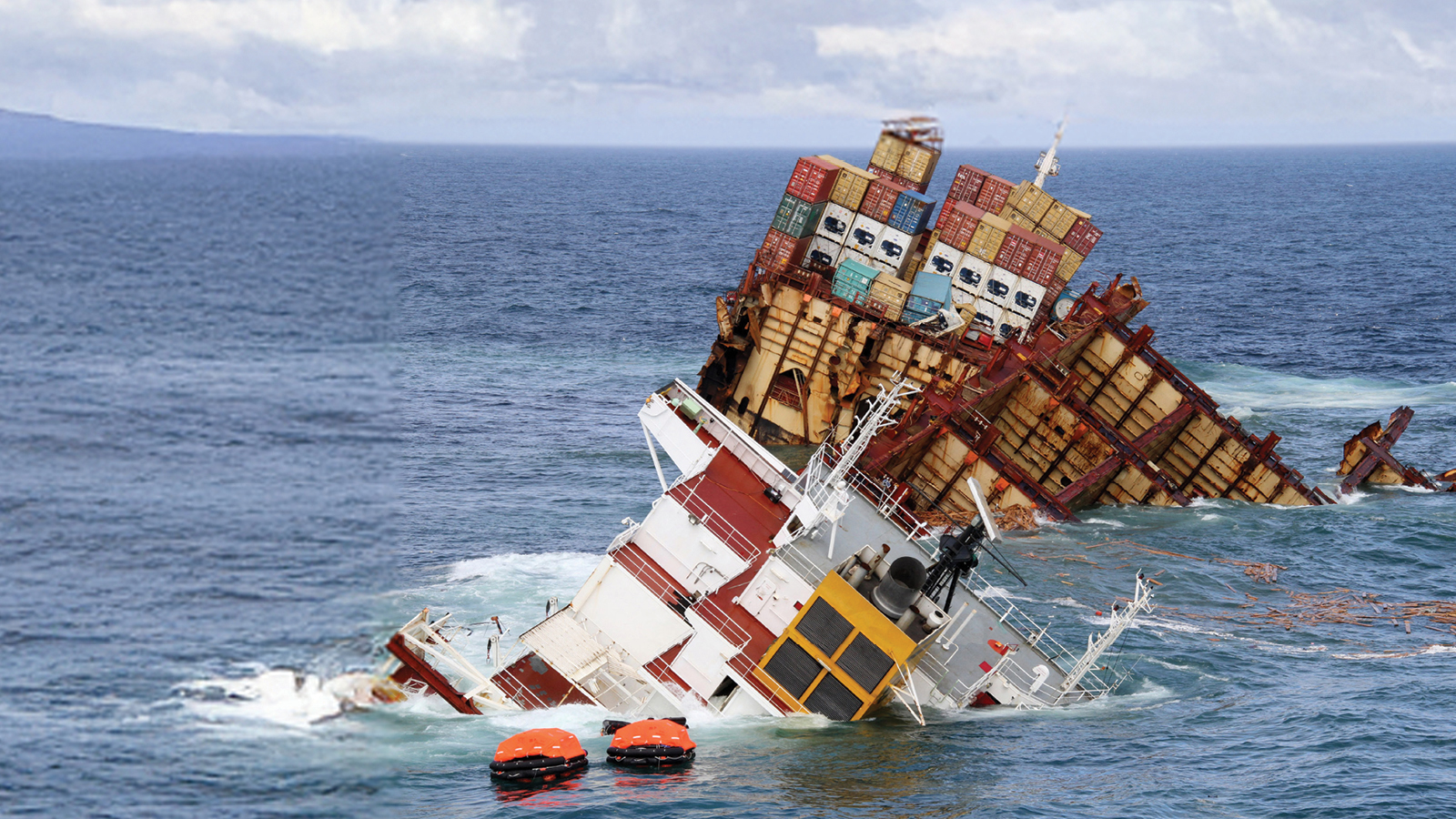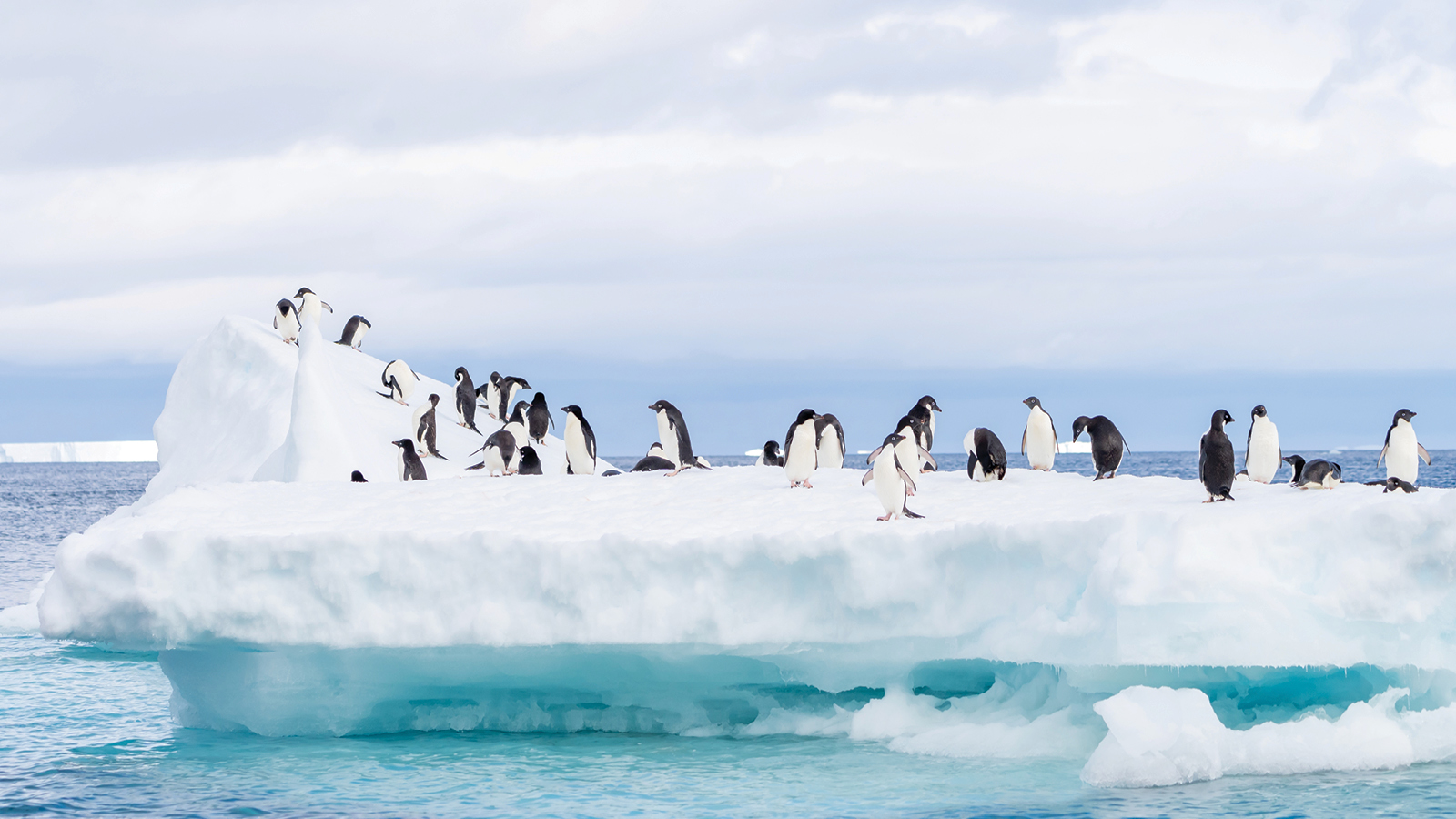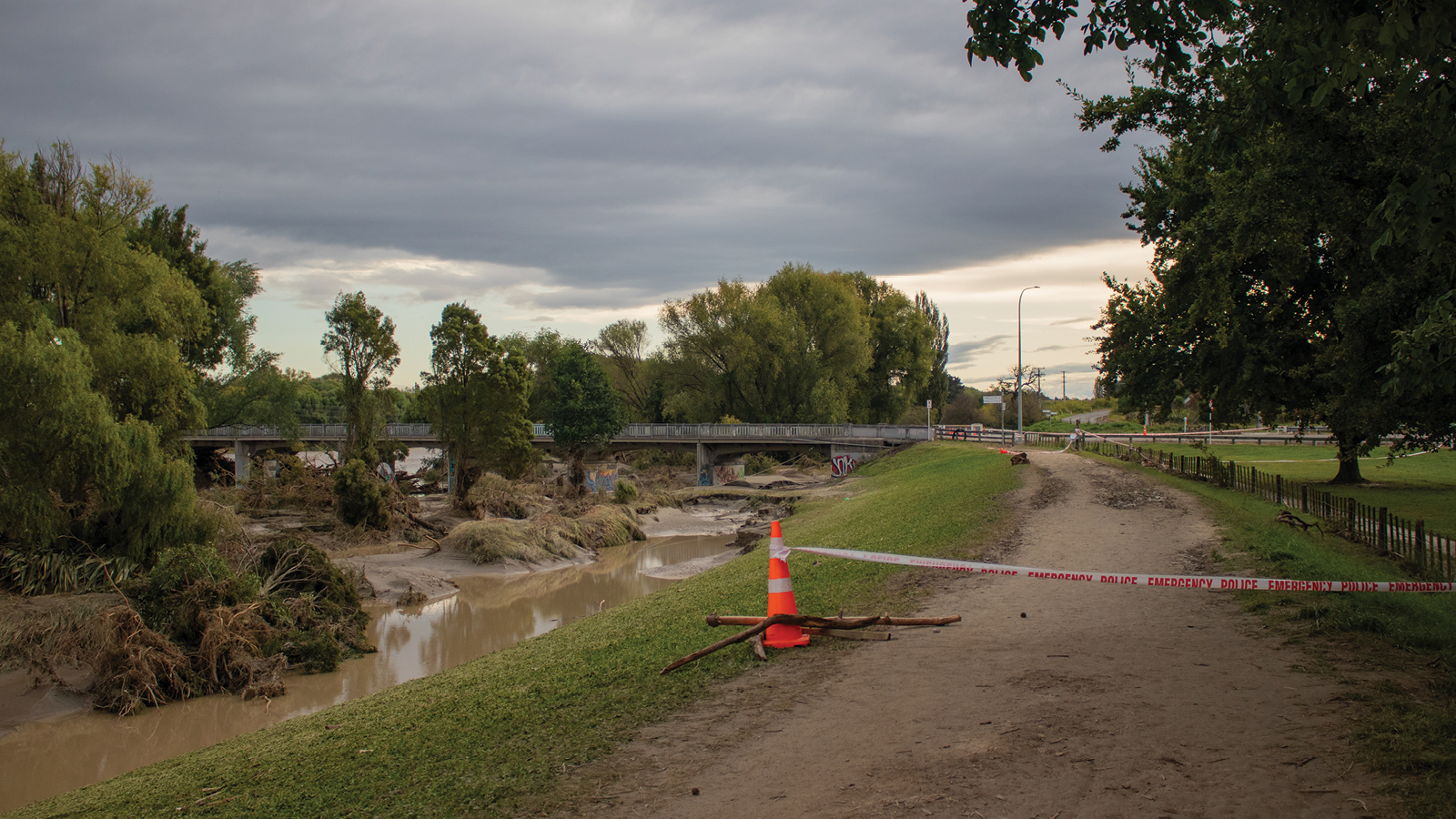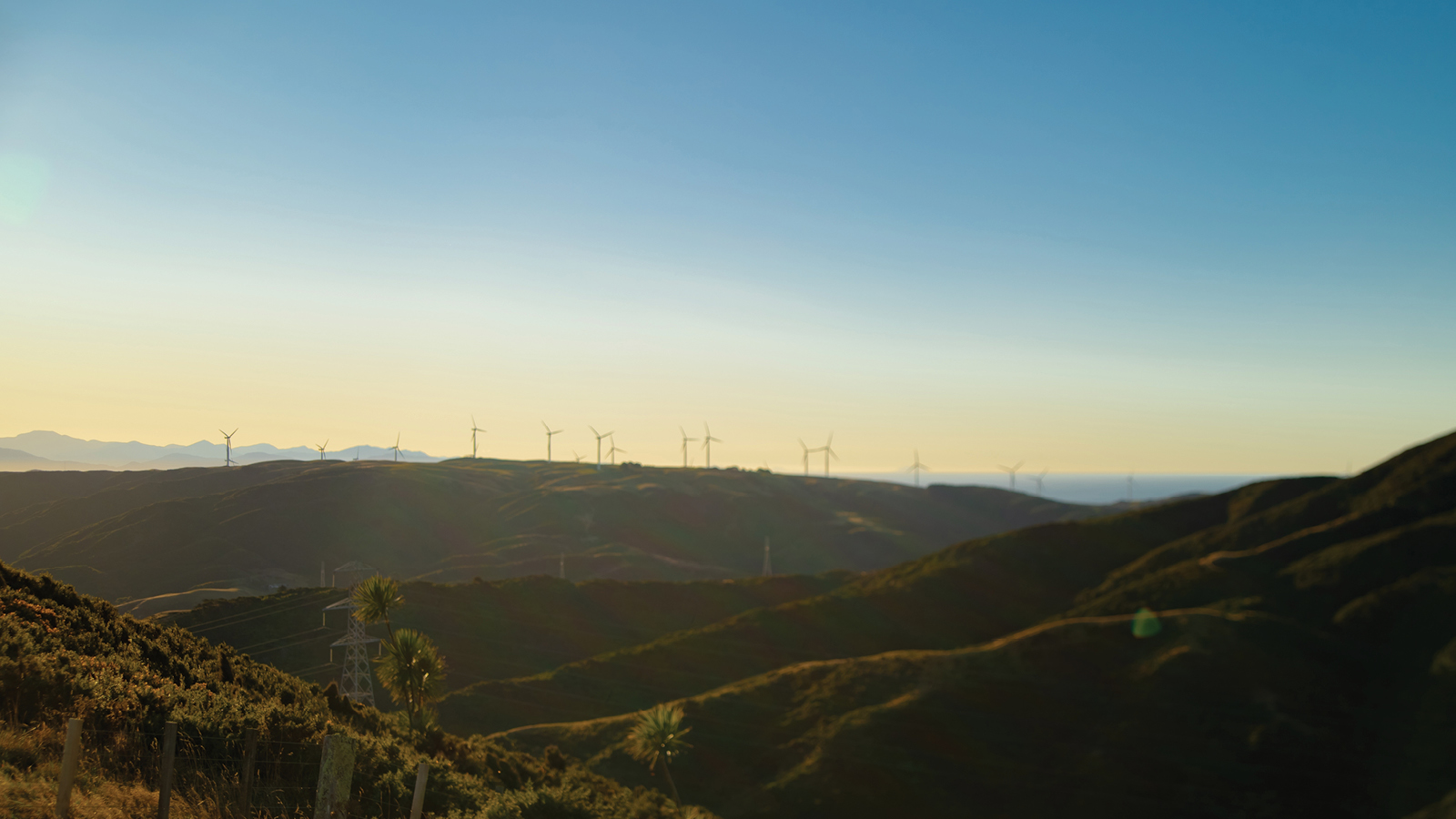With campuses in Hamilton and Tauranga, our Tauranga location places us at the heart of a diverse marine environment, surrounded by coastal catchments, estuaries, lakes, Whakaari/White Island and New Zealand’s largest working harbour.
Our approach to research integrates mātauranga Māori with Western science. We have formed strong partnerships with iwi to deepen our understanding of the intricate world of marine ecosystems. This intergenerational knowledge provides critical insights into real-world issues such as climate change, globalisation and an increasing pressure on marine resources. As the climate crisis intensifies, we are at the forefront of developing innovative solutions to protect ocean ecosystems for future generations.
For more than 50 years, our researchers have been studying the Bay of Plenty’s coastal and marine environments. The Coastal Marine Field Station was established in 2011, following the MV Rena grounding and oil spill, New Zealand’s worst marine ecological disaster. Our scientists played a pivotal role in the response and recovery efforts, using their expertise to assess environmental damage and drive long-term restoration. Today, our support in opening the Raukōkore Marine Research Centre in the Eastern Bay of Plenty continues this mission, supporting sustainable aquaculture and marine health.
Our marine science team brings together internationally recognised expertise across marine ecology, geosciences, marine bioactive compounds and ocean sustainability. We work closely with regional and local councils to ensure our research supports practical outcomes, from coastal resilience and urbanisation impacts to climate-driven
changes in marine and freshwater ecosystems. Our integrated, mountain-to-sea approach recognises the vital connection between land, freshwater and ocean environments, helping to inform better policy and conservation practices.
Our global partnerships allow us to collaborate with leading research institutions, including Scripps Research (USA), the Australian Institute of Marine Science (AIMS), and the United States National Cancer Institute, where we are developing anti-cancer leads from marine organisms. We are also working with European Union countries to explore blue carbon (carbon dioxide stored in ocean ecosystems) as a tool to mitigate climate change.
Nationally, we provide expert advice on marine conservation, including sustainable port and harbour management, biosecurity threats, and the environmental effects of climate-driven events such as marine heatwaves, sedimentation, and cyclonic events. Our research on marine protection spans more than 40 years across New Zealand (including the Antarctic), making the University of Waikato Tauranga campus home to the longest consistent records for assessing the effects of marine protection nationally and some of the longest running programmes internationally.
The positive impact of our work is felt across the globe and our team is passionate about the importance of protecting our marine environment for generations to come.

